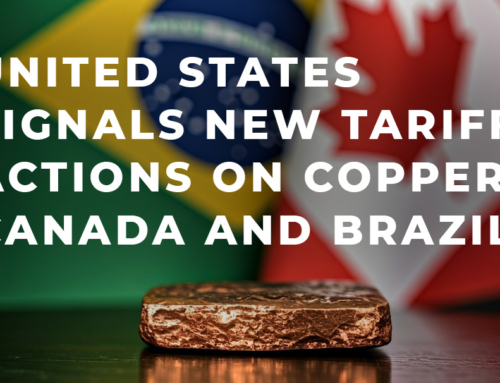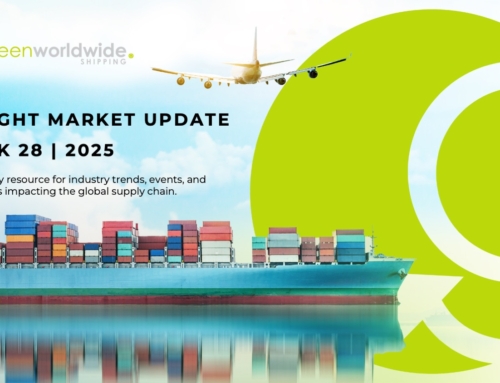It’s been two years since 51 percent of Britain’s population voted for the separation of the United Kingdom (UK) from the European Union (EU), but little has been done to reassure the community and the world of a “seamless” departure. Commonly referred to as “Brexit,” the decision to leave the EU gives the UK the opportunity to establish their own trade program independently from European Union involvement. However, with less than 10 months until Britain’s departure, shippers are growing increasingly pessimistic about the future of UK’s logistics sector.
Scheduled for March 2019, Britain’s exit from the European Union is proving to be anything but easy for shippers as the government continues to not address any plans for infrastructure, Customs, or spending following move. Trucking, for example, faces looming complications if 43,000 drivers that reside outside of the UK lose work and driving permits. At this time, the UK vowed to honor EU driving permits for HGV drivers in Britain, yet no progress made in negotiating an agreement under European law. Now, business are bracing themselves for supply chain upheavals, adopting contingency plans and increasing inventories.
Merck & Co., a British pharmaceutical company began stockpiling six months of product in response to the hard switch Brexit is planning to have. Like many industries, the company is preparing for a complete gridlock with ports warning shippers of anticipated congestion. Ports are advocating for the British government to create a Customs arrangement to promote effortless trade between with the EU; failure to do so will leave some ports in disarray. The Port of Dover, for example, advised shippers that a two-minute delay results in a 17-mile back-up for drivers. This particularity concerning for time-critical deliveries and perishable goods. Pressed for a solution, the UK plans to introduce its Customs Declaration Service (CDS) through a phased sequence beginning this August; however, time is not on shippers’ side as Britain plans to deliver the full program in January 2019, leaving only two months before Brexit.
UK and EU have announced a transition period from March 29, 2019 to December 31, 2020, to allow Britain enough time to negotiate, sign, and ratify trade agreements with other countries while remaining part of the existing deals created by the EU. The courtesy, however, only extends so far; the European Union stipulated it will not guarantee free flow of trade between the two nations, leaving drivers and logistics companies in a grey area for pricing post-March 2019.
The UK’s Prime Minister, Theresa May, met with European Officials June 28-29 to discuss negotiations before the October departure, but little was discussed to quell freight concerns.
Without a plan, shippers and consumers will be grasping for answers and searching for solutions. All that’s left for the logistics sector to do is to brace for more uncertainty in the coming year.
As Green continues to monitor the situation, stay up-to-date on freight news by following us on Facebook, Twitter, and LinkedIn. For continuous updates, make sure to check out our website at greenworldwide.com.






